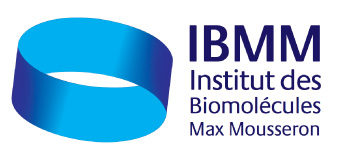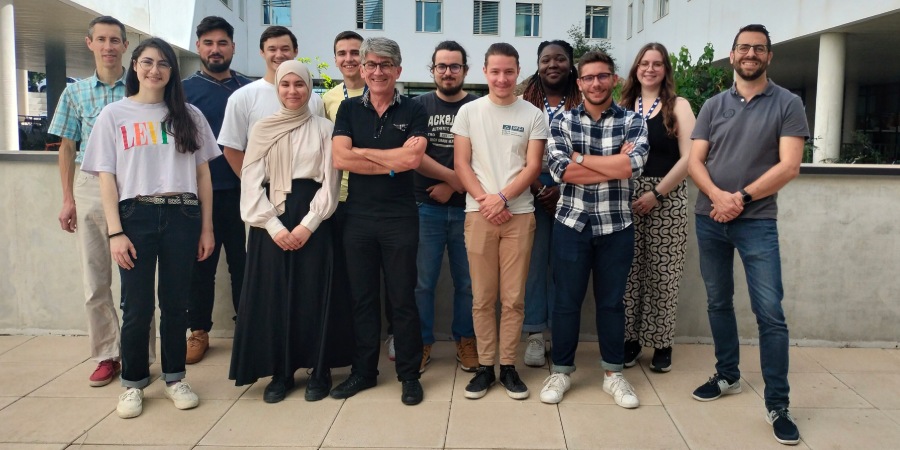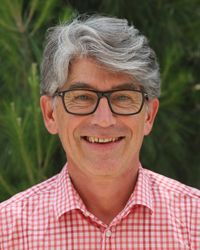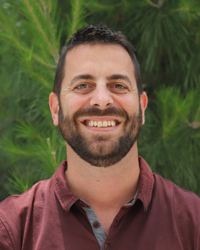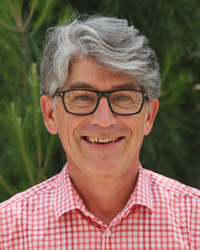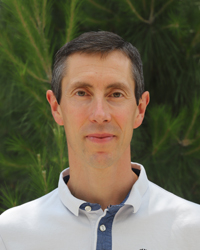The research group Green Chemistry and Enabling Technologies is part of the Department of Amino acids, Peptides and Proteins of the Institut des Biomolécules Max Mousseron (IBMM) headed by Prof. Pascal Dumy. Located on the CNRS campus of Montpellier, in the Balard building, our team devotes its activities towards the development of a more sustainable chemistry, by using modern synthesis technologies, such as mechanochemistry, continuous flow and microwaves. These approaches enable the efficient and eco-responsible preparation of organic molecules, organometallics and materials, by using solvent-free synthesis, alternative solvents and catalysis. These new molecules, synthesized in an innovative way, find applications in medicinal chemistry, catalysis and depollution.
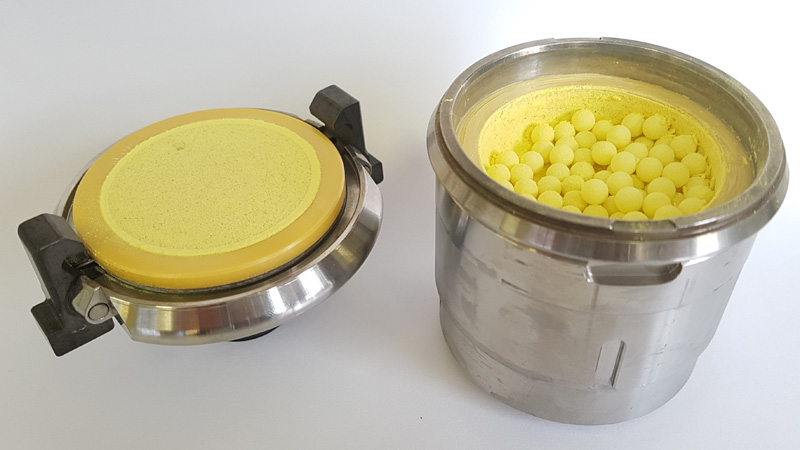
Our Themes
Mechanochemistry for the solvent-free synthesis of target molecules
Mechanochemistry uses mechanical forces to synthesize molecules in the absence of solvents. This topic consists of developing methods and equipment for implementing sustainable mechanosynthesis of target molecules with a wide variety of structures: peptides, nucleosides, heterocycles, coordination compounds, organometallics, polymers… This includes a study of the reaction, its efficiency and environmental impact. By using vibratory or planetary ball-mills, and by optimizing the reaction conditions in the context of green chemistry, the compounds of interest can be obtained quickly and efficiently, while limiting the use of toxic reagents and solvents, as well as facilitating the purification steps. Interestingly, in some cases this new activation method can be used to obtain compounds that are difficult or impossible to synthesize in solution.
Flow mechanochemistry using reactive extrusion
More and more chemical synthetic processes, including those in fine chemicals, are using continuous flow chemistry. However, this approach is complicated, if not impossible, in the case of solids or with highly concentrated mixtures, requiring generally large quantities of solvents. To overcome this problem, we are developing the use of an extruder as a chemical reactor capable of continuously handling concentrated reaction mixtures. This approach is applied to the synthesis of organic molecules of interest. Working in flow enables us to obtain the desired compounds of interest, such as peptides or the active ingredients of pharmaceutical compounds, in extremely short times, with excellent yields and under conditions that can easily be scaled up.
Medicinal chemistry of serotoninergical receptors
This topic involves adapting innovative synthetic chemistry tools (microwaves, continuous flow, mechanochemistry) for application in medicinal chemistry. The therapeutic target is the 5-HT6 receptor, involved in biological processes related to Alzheimer’s disease, depression, addiction and autism spectrum disorders. This project is being carried out in collaboration with the Jagellonian University Medical College (Krakow, Poland) and the Institut de Génomique Fonctionnelle (IGF) in Montpellier. In this topic, enabling technologies are being used to develop new synthesis tools that are eco-responsible and extremely efficient, taking medicinal chemistry into a new dimension. The compounds of interest, nitrogen-containing heterocycles such as pyrroloquinolines or arylpyrroles core, are not only obtained more quickly and efficiently than by using conventional solution chemistry, but also synthesized as closely as possible to the principles of green chemistry.
